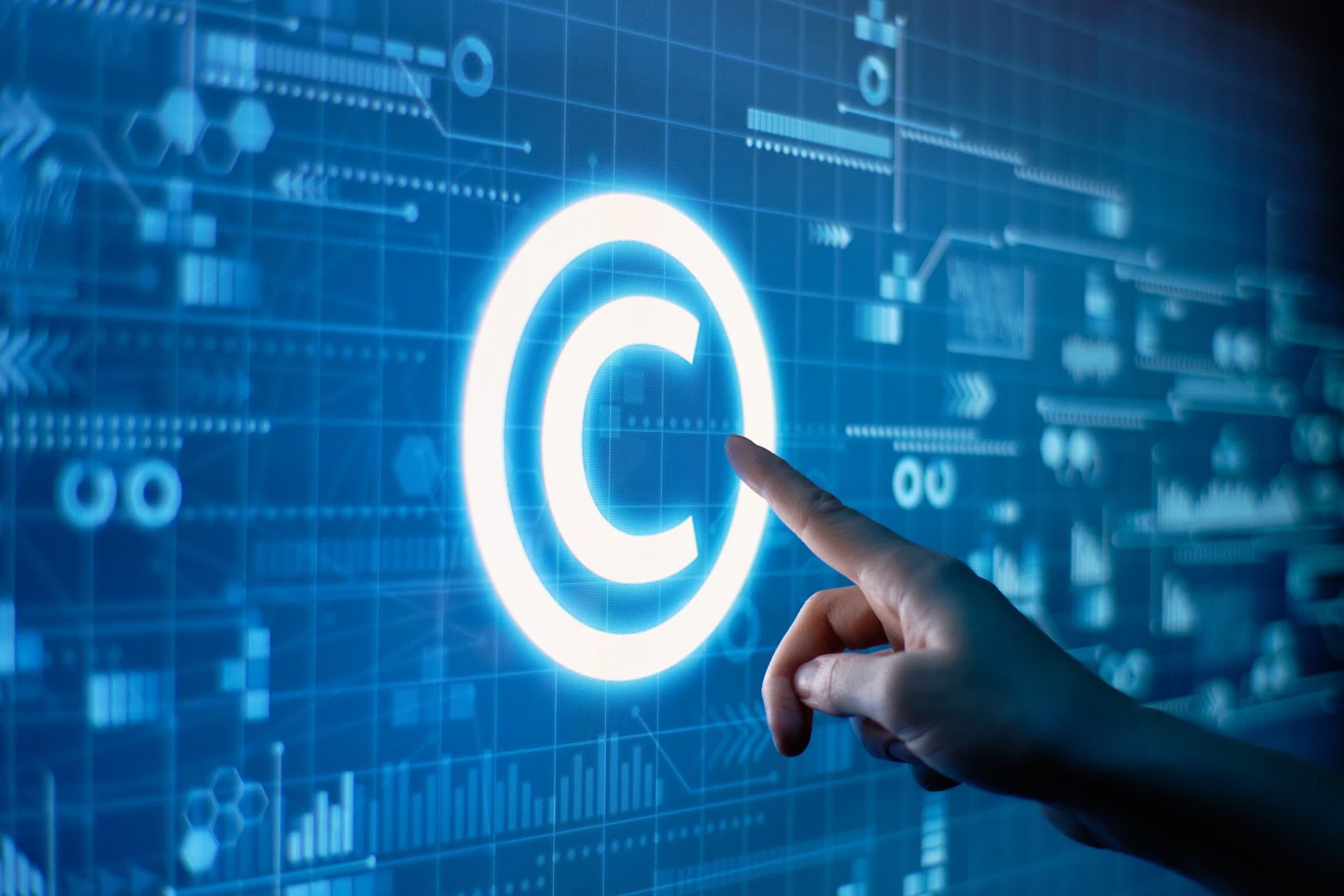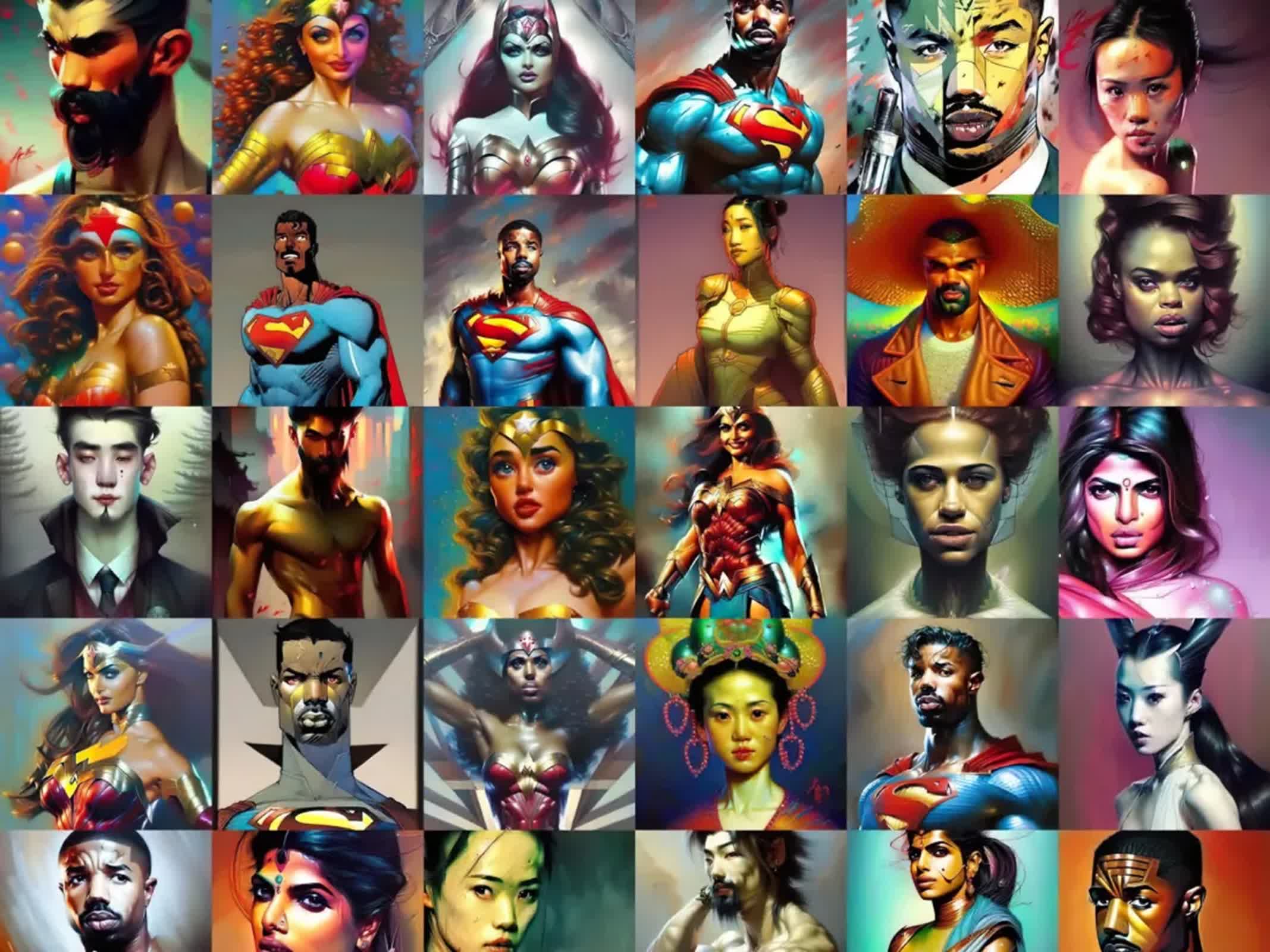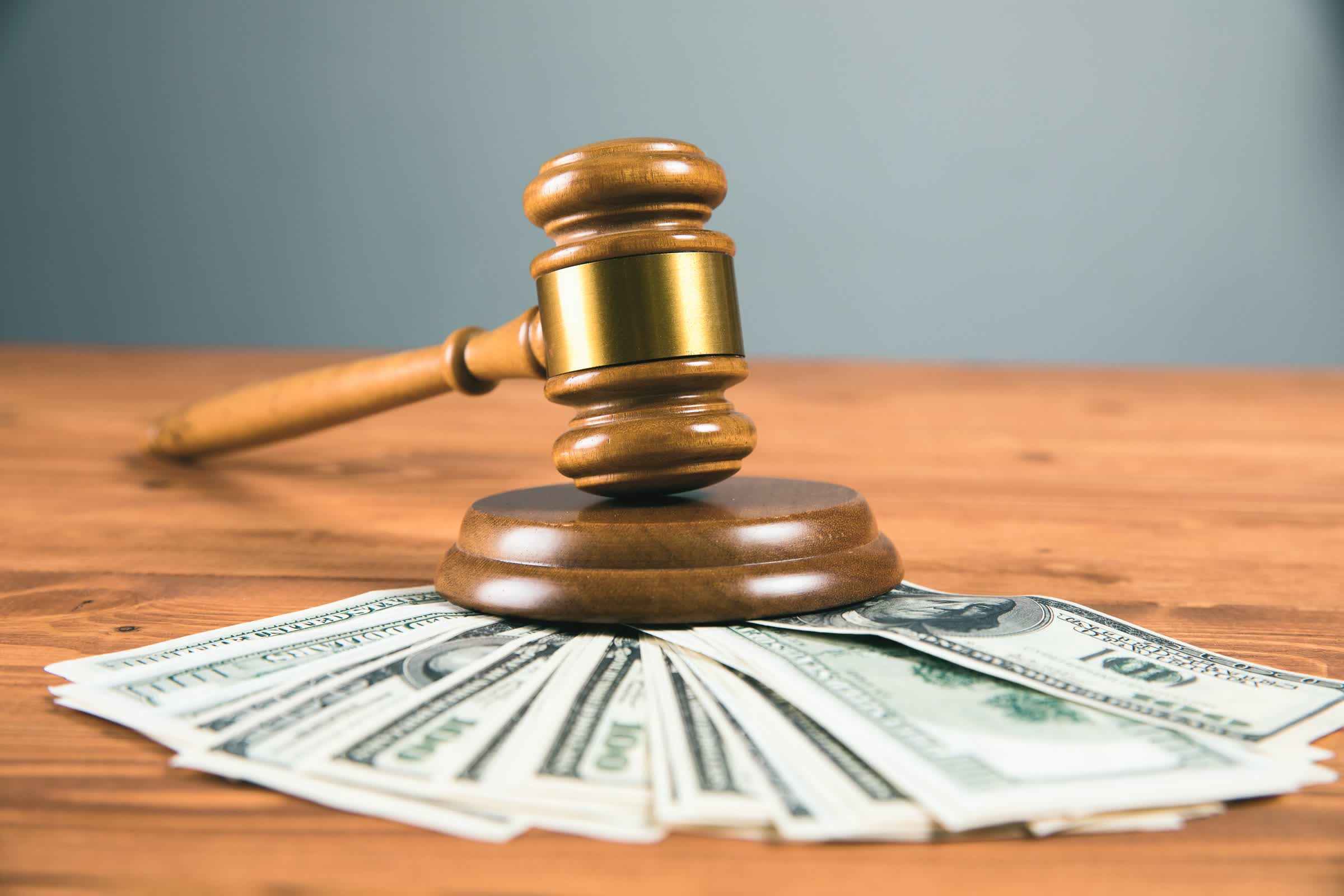Big quote: Getty Images has found itself at the center of a heated global debate over artificial intelligence and copyright, but the company's chief executive says the costs of defending artists' rights in court are becoming unsustainable. In a recent interview with CNBC, Getty Images CEO Craig Peters described the financial burden of challenging AI companies that use copyrighted material to train their models, revealing even a major player like Getty cannot afford to pursue every potential infringement.
Peters explained that Getty's ongoing lawsuit against Stability AI, maker of the popular image generator Stable Diffusion, has already cost the company a huge amount of money. "Even for a company like Getty Images, we can't pursue all the infringements that happen in one week," Peters told CNBC. "We can't pursue it because the courts are just prohibitively expensive. We are spending millions and millions of dollars in one court case."
"We are spending millions and millions of dollars in one court case"
The dispute centers on Getty's allegation that Stability AI copied 12 million images from its collection without permission or compensation, using them to train its AI system and, in Getty's view, to build a competing business. Stability AI has acknowledged that some Getty images were used in training but disputes any liability, arguing its practices fall under the fair use doctrine, which allows limited use of copyrighted material in certain circumstances.
Peters is unconvinced by AI companies' arguments that paying for access to creative works would stifle innovation. "We're battling a world of rhetoric," he said, accusing firms of using the promise of technological progress to justify what he calls unfair competition. "That's disruption under the notion of 'move fast and break things,' and we believe that's unfair competition." He said Getty Images is not against competition – but what these firms are doing is theft.

The legal battle between Getty and Stability AI is just one of several high-profile copyright cases currently facing the artificial intelligence industry. Other lawsuits, such as The New York Times' action against OpenAI and record labels' suits against AI music generators, reflect growing concerns about the use of copyrighted material in AI training. Yet, as Peters points out, the sheer scale and cost of litigation make it impossible for most rightsholders to challenge every instance of alleged infringement.
Getty's strategy has not been limited to the courtroom. The company has also advocated for stronger copyright protections in policy discussions, recently urging the US government to reject proposals that would weaken artists' rights in the name of AI development.
In a submission to the Trump administration, Getty argued that US copyright laws are not obstructing the path to continued AI progress, but instead provide a foundation for sustainable innovation that benefits society as a whole.

Despite the mounting costs and uncertain legal landscape, Peters remains committed to defending creators' rights. "I think our case is very strong," he said, while acknowledging the challenges of litigating across different jurisdictions and legal systems.
"The facts in aggregate at a global scale I think are absolutely in our favor. How they manifest themselves around the geographic and legal constructs that are there I think is still stuff that we're going to have to continue to play out."
